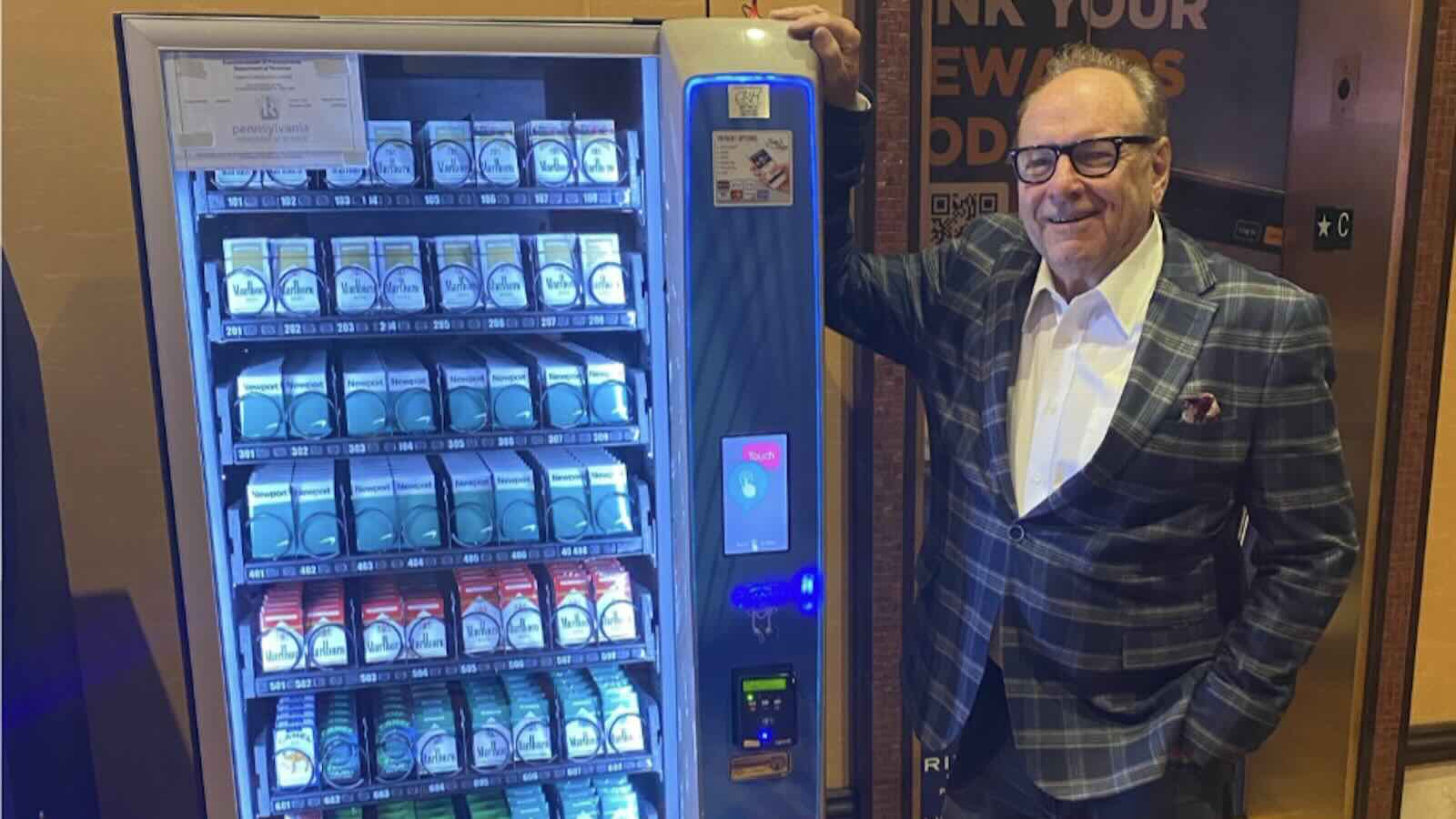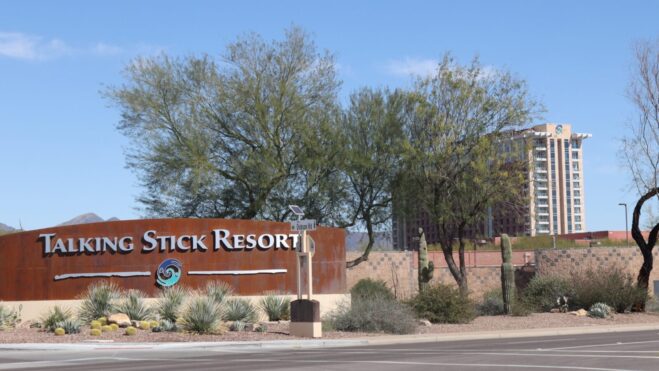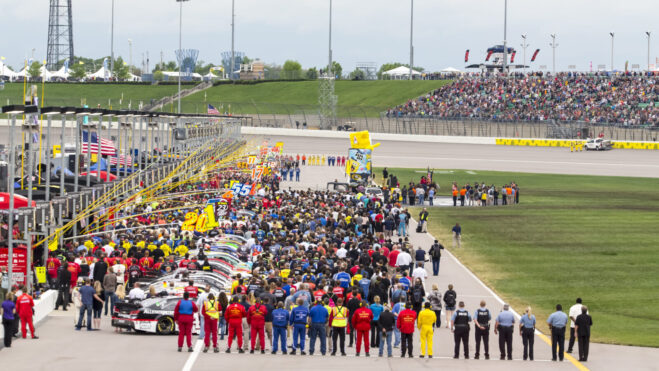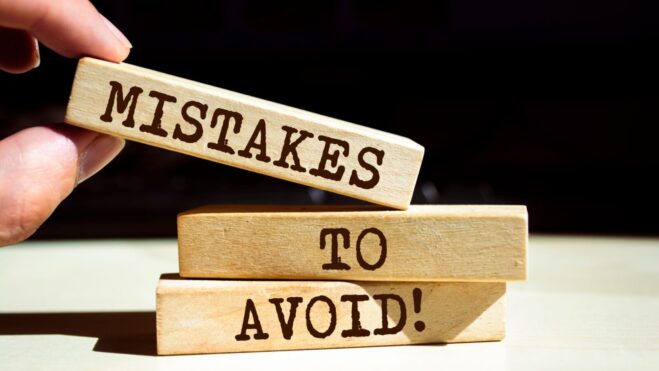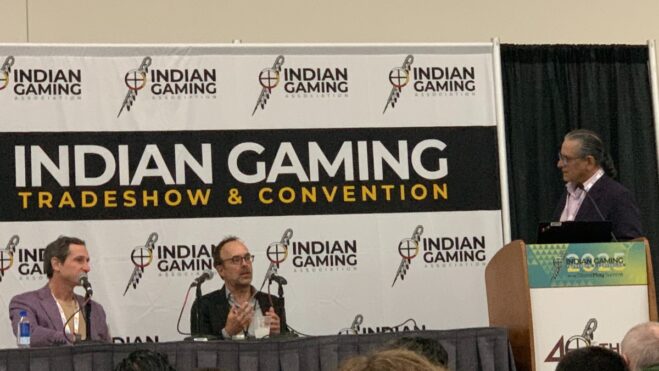How A Casino Exemption Helped Doom Nevada’s Landmark Anti-Smoking Bill
The legislation would have given ‘a clear advantage to large casinos,’ one opponent said
3 min
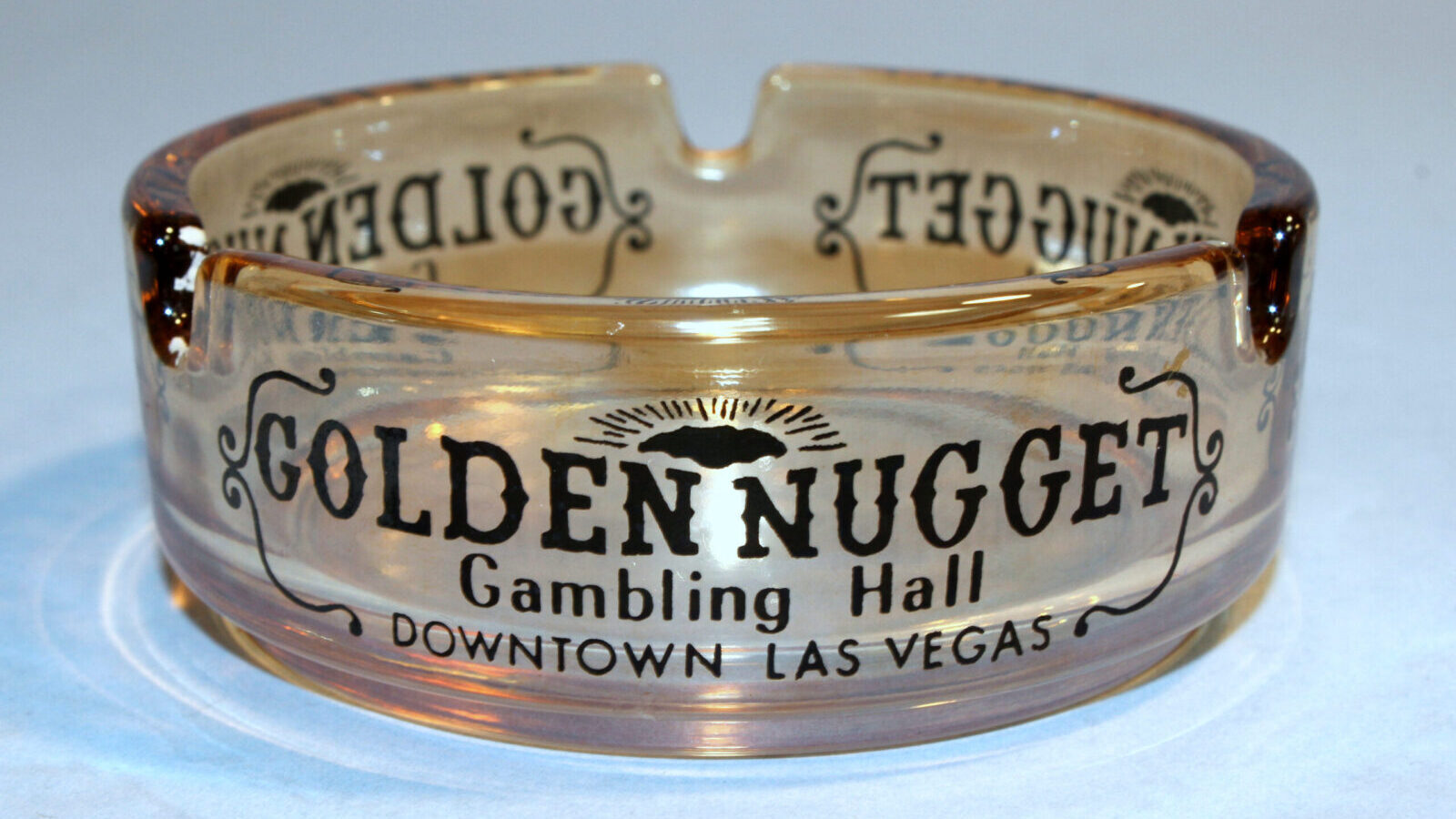
A landmark bill that would have mostly banned selling cigarettes in Nevada to anyone born after Dec. 31, 2004 has failed. And a key component of that failure was language that exempted the state’s casinos from that ban.
Introduced by Rep. David Orentlicher, Assembly Bill 279 was “designed to prevent young Nevadans from ever taking up and becoming addicted to cigarettes,” Orentlicher said during AB279’s April 1 hearing before the Assembly Committee on Revenue.
By outlawing selling cigarettes to anyone born after Dec. 31, 2004, the bill would have, in effect, increased the minimum smoking age in Nevada each year. In 2025, it would be 21, the standard minimum smoking age across the U.S. But then in 2026, it would be 22, then 23 in 2027, and 31 by 2035.
“If you already can buy cigarettes, you always will be able to buy cigarettes,” Orentlicher said. “But if you’re [currently] not able to buy cigarettes legally, you will never be able to buy cigarettes in Nevada. Hopefully the other states will follow suit.”
Exempt: 712 gambling properties
The new law, however, wouldn’t apply to casinos. Orentlicher framed this as a decision to allow out-of-state tourists — who often come to Nevada for the casinos — to not have to abide by the state’s new cigarette age limits.
It’s not hard to read between the lines, though: Do you think the lobbyists from the Las Vegas Strip would have let this bill even sniff a committee if that exemption wasn’t in place?
Specifically, AB279 created the exemption for all tribal gaming properties and commercial properties with “nonrestricted” gaming licenses. There are 712 such establishments in Nevada, ranging from massive casinos on the Strip to small slot parlors.
Most questions from committee members at the April 1 hearing focused on the casino exemption.
Rep. Venicia Considine, the committee co-chair, and Rep. Danielle Gallant wondered if allowing Nevadans born after Dec. 31, 2004 the opportunity to buy cigarettes at casinos would defeat the bill’s purpose.
“Is that actually going to accomplish what you’re hoping it would accomplish?” Gallant asked.
Dr. Jennifer Pearson, associate professor at the University of Nevada, Reno School of Public Health, testified alongside Orentlicher. She argued any reduction in locations where people can buy cigarettes — and any way to add obstacles to smoking cigarettes — would help.
“Young people are growing up in a society where cigarette smoking is becoming less and less normalized,” Dr. Pearson said. “They know it’s bad for them, they know it’s not normalized, there’s social pressure against it, and they also have to go to a casino to buy cigarettes? It’s really going to be a lot of barriers to them.
“Most people are going to take the easy way, which is they’re not going to smoke, or if they’re determined to get nicotine, they’re going to use the lower-harm forms of the nicotine like e-cigarettes and nicotine pouches.”
Opposition: Casinos win, small businesses lose
Megan Boelter, a public health attorney and part of the board of directors for the Nevada Tobacco Control and Smoke-free Coalition, testified against AB279 in part because of the casino exemption, but also for other issues with the bill, notably how products such as e-cigarettes and vape weren’t included.
Several small business owners also testified against AB279. One owner specifically highlighted his opposition to the casino exemption.
Obaid Mobaligh, the owner of Country Store in Carson City, said he supports “reasonable regulation” regarding cigarettes, but forcing young Nevadans to address their nicotine needs at casinos is not the answer.
“Under AB279, a 21-year-old can’t buy cigarettes at the corner store, but they can walk into a casino and make that same purchase,” Mobaligh said. “In doing so, we are exposing young adults to an environment that is far more addictive and financially destructive than tobacco: gambling. Casinos aren’t just a place to buy cigarettes. They are designed to keep people inside spending money, chasing alcohol.”
Mobaligh also argued the casino exemption hurts small businesses.
AB279 gives “a clear advantage to large casinos,” he said. “That’s not protecting our communities. That’s protecting corporate interests. If we truly care about health, the law should be consistent and fair. We shouldn’t be pushing 21-year-olds into casinos under the pretense of public safety.”
No chance until 2027
Ultimately, the opponents came out on top.
There are certain deadlines for legislative actions on bills in Nevada, and the deadline for action on AB279 passed this past Saturday. So its chances in 2025 are officially gone. The Nevada Legislature convenes every other year, so this bill (or something similar) won’t get another chance at passage until 2027.
According to gamingdirectory.com, there are 1,066 smoke-free casinos and gambling establishments in the U.S. as of April 2025. Of that group, 12 are in Nevada, including Park MGM, the only Strip casino that is smoke-free.
There is a growing smoke-free casino movement in the U.S., but so far it hasn’t translated to much meaningful legislation.
After passing out of committee, a smoke-free casinos bill in New Jersey has now been sitting stagnant for more than a year.
A bill in Rhode Island was just recommended for further study last week, so that’s on the back-burner. A bill in Kansas hasn’t budged since Feb. 4. Perhaps the brightest hope is a bill in Iowa, which passed out of committee in March.
The American Nonsmokers’ Rights Foundation released a statement this week saying it and Trinity Health have jointly filed shareholder resolutions to Boyd Gaming, Wynn Resorts, PENN Entertainment, and Caesars Entertainment to “study the economic benefits to implementing smokefree policies in their properties.”
Those votes begin April 30 and will stretch into May and June, the ANRF said.


